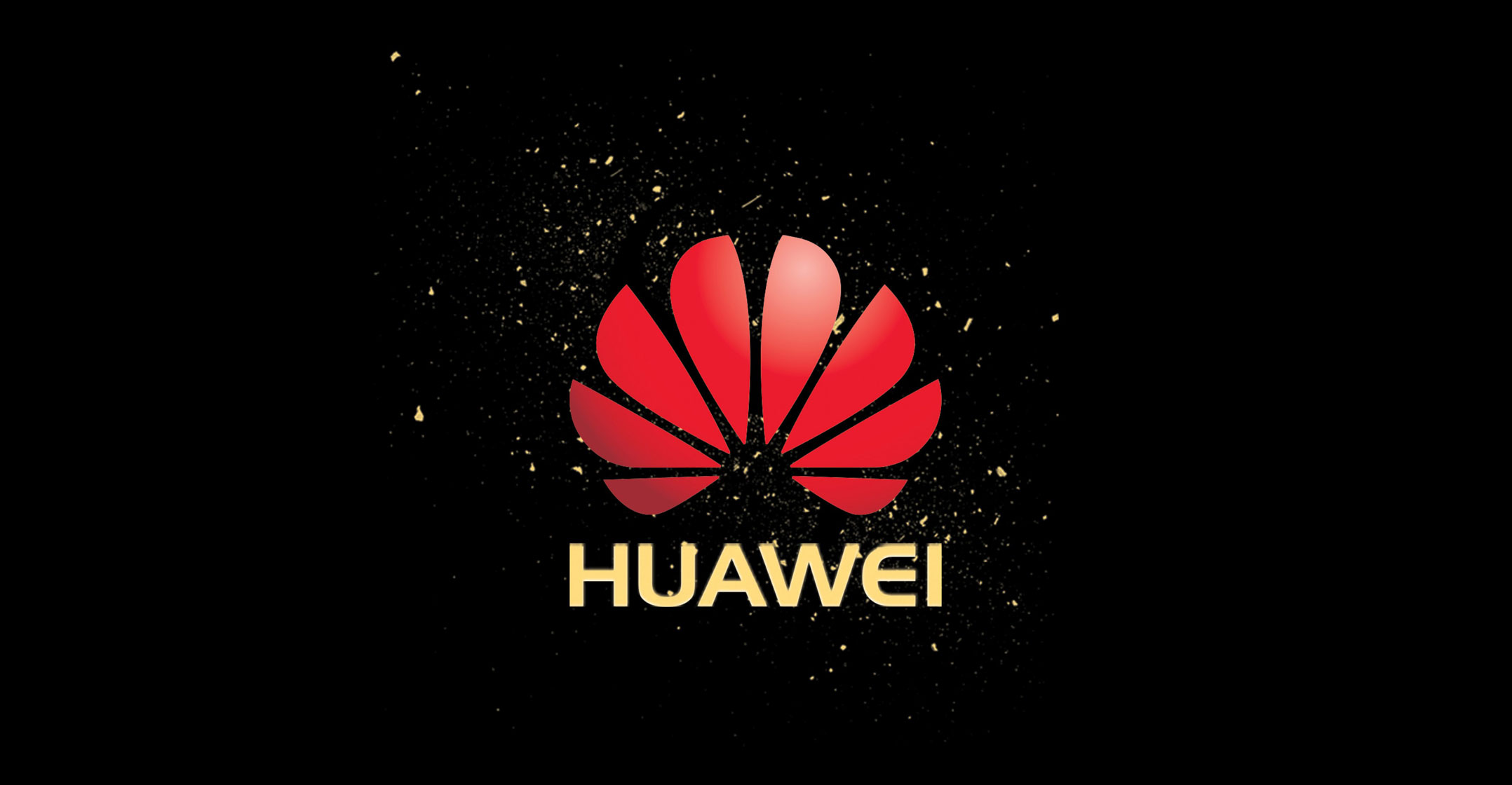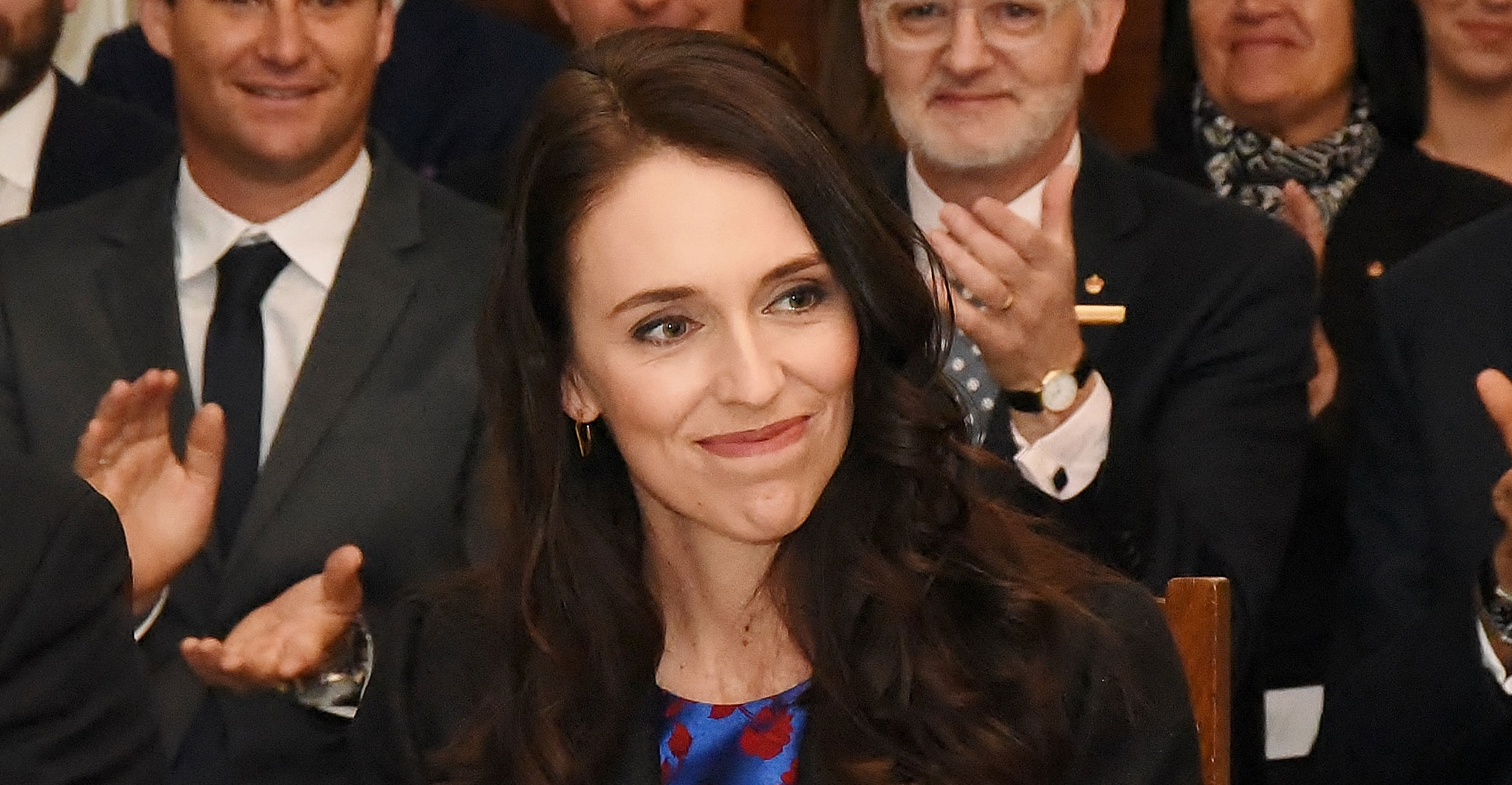 Huawei would deny any Chinese government request to open up “back doors” in foreign telecommunications networks because it isn’t legally obliged to do so, the company’s chairman says.
Huawei would deny any Chinese government request to open up “back doors” in foreign telecommunications networks because it isn’t legally obliged to do so, the company’s chairman says.
Liang Hua, speaking to reporters in Toronto on Thursday, said the company had received an independent legal opinion about its obligations under Chinese law and said there is nothing forcing companies to create what he called “back doors” in networks. He said they’d never received any such request, but would refuse it if they did.
“We will not execute the request” because it wouldn’t be lawful, he said through a translator, stressing that he leads “an independent business organisation” aimed at serving its customers. “We have kept a good track record on cybersecurity.”
His comments, and an announcement of increased spending in Canada, come as the country and several of its peers weigh whether to restrict or ban Huawei from 5G networks. The company’s chief financial officer, Meng Wanzhou, meanwhile, is under house arrest in Vancouver and faces potential extradition from Canada to the US.
Chinese national security laws require that any organisation shall cooperate with national intelligence work — raising fears that the government could lean on Huawei to compromise a telecoms network in another country. Asked about the law, Liang acknowledged it, but said it does not specifically require Huawei to open up “back door” routes to monitor communications. He did not specifically address what other pressures the company could face.
Geopolitical tensions
Liang also downplayed some of the geopolitical tensions, saying that difficulties are normal in business and that they’ll continue to invest in Canada regardless of the 5G decision. However, he said he believes Meng is innocent and that Canada will keep politics out of its decision.
“At the end of the day, we hope decisions on 5G can be made based on technology and not on other factors,” he said. “At any time, at any point, it is normal for us, for a company to be faced with challenges and difficulties.”
The US, New Zealand and Australia have all restricted or banned Huawei from 5G networks, though New Zealand Prime Minister Jacinda Ardern said this week there’d been no final decision — comments the company’s chair cited to the Canadian journalists. The UK said this week no decision has been made, but that the country “will not compromise on the improvements we need to see from Huawei”. Germany has ruled out a full Huawei ban.

Despite the tensions, the chairman predicted revenue growth for the company — to US$125.4-billion in 2019, up from $108.5-billion last year. Revenue in Canada totaled $420-million last year, including $270-million from telecoms companies like BCE and Telus, and $150-million from consumer products.
He said the company “is just an equipment vendor” to those Canadian telecoms operators, and doesn’t own networks or Canadian customer data. He said he wants all providers to be treated equally in a “fair and just manner”. Cybersecurity and privacy protection are challenges for the entire industry and not just one company, he said.
The company won’t abandon Canada if it bans 5G, Liang said. “There are still customers that will choose us. In that case, we will continue to provide good service to customers,” he said.
The US unveiled allegations against Huawei, two affiliates and Meng over alleged bank and wire fraud related to business in Iran, along with allegations that the company stole trade secrets from T-Mobile US. Liang said the dispute with T-Mobile had been resolved in civil proceedings and that a “defendant is innocent until proven guilty”.
Meng is due in court next month, though her extradition fight could last for years. “I cannot say the US charges against Ms Meng are not politically driven,” Liang said. “I believe she is innocent and I hope the Canadian justice system will bring justice back to her.”
Liang cited comments made by former Canadian ambassador to China, John McCallum, who said Meng had a good case to avoid extradition. Trudeau demanded McCallum’s resignation days later. — Reported by Josh Wingrove, (c) 2019 Bloomberg LP




